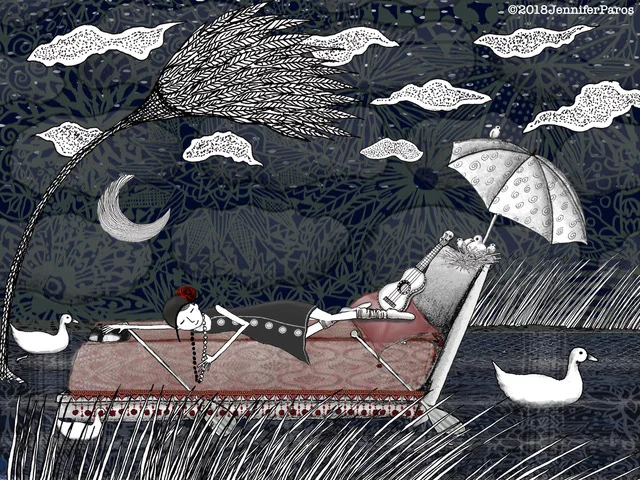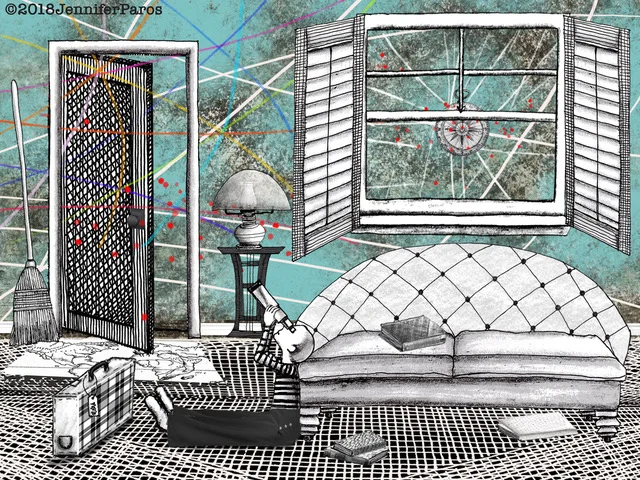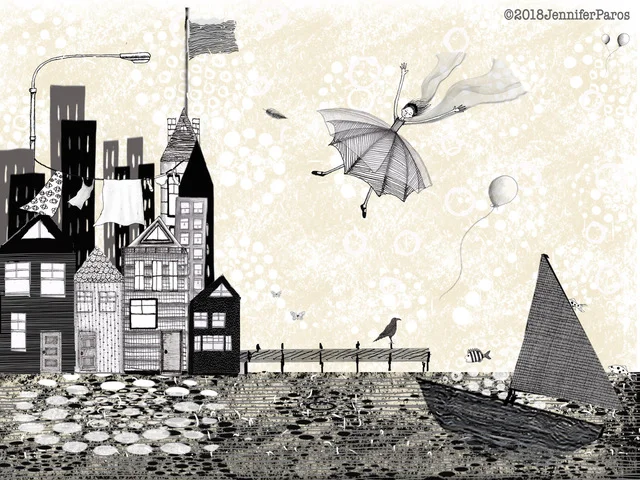For a few years when I was little my family took summer trips to Martha’s Vineyard. We rented a tiny cabin and walked to the beach every day. I loved all of it, but was intimidated by the waves, which could get pretty big sometimes. Going under them or turning to ride them required me to be in the middle of the action – which was not my habit. And my reticence to participate positioned me perfectly for being knocked down. Reckless or risky behavior is usually considered the cause of trouble, but in this case, caution caused my troubles. I was trying to avoid danger and often ended up underwater, overwhelmed, and out of control.
We teach each other to be careful, to have forethought and to assess, but the application of that advice can become distorted and leave us perceiving more risk in life than is real. The belief that we are at risk naturally creates resistance, and then we feel stuck and overwhelmed. But most of the time, there is no danger, nothing to lose, just fear of possibly feeling bad. Focusing on potential loss logically makes us insecure. Measuring what we could lose rather than purposefully engaging in what we want to create generates more problems than it prevents.
Read More












